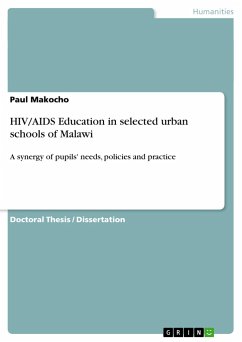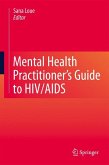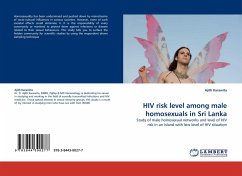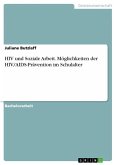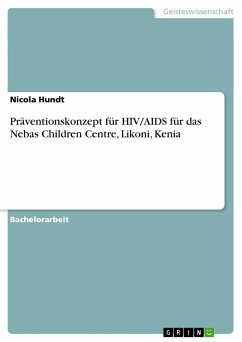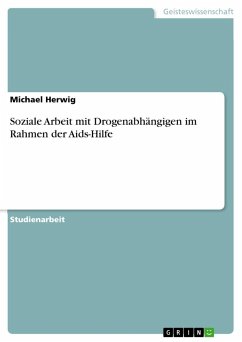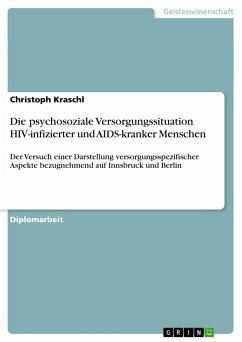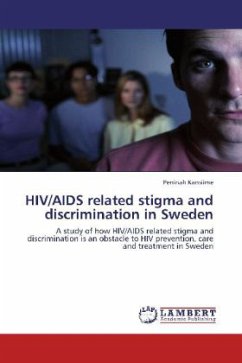Doctoral Thesis / Dissertation from the year 2012 in the subject Social Work, grade: Passed, University of Leeds (School of Education), course: PhD in Science Education, language: English, abstract: The needs of young people in classroom based HIV/AIDS Education in Malawi, the extent to which current classroom practices respond to these needs, and the factors influencing these responses have been explored using questionnaires, interviews, lesson observations, and document analysis. In contrast to previously reported literature on HIV/AIDS Education in Malawi, the present study has drawn pupils' needs directly from the pupils' themselves, focussed on classroom practice, and triangulated the various data sets to give a comprehensive picture of HIV/AIDS Education in Malawi. Pupils identified a need for open discussion climates on HIV/AIDS issues despite a conservative cultural and religious adult world that is not open. They also identified a need for explicit and accurate knowledge on HIV/AIDS issues, opportunities to acquire behavioural skills for HIV prevention, and involvement of external speakers. The needs of the pupils have not been adequately addressed by the current classroom practice. Factors which influenced this can be linked to lack of policies that are responsive to culture and religion, ineffective and inadequate teaching policy guidelines, and lack of a policy prioritizing HIV/AIDS education by making it examinable. The findings suggest that in future, effective HIV/AIDS Education needs to be informed by the pupils' needs. To address these needs, support from the wider society and related policies, coupled with appropriate management and classroom practice will be required. Understanding these lessons is a must for HIV/AIDS curriculum developers, policy makers and implementers in any education system.
Hinweis: Dieser Artikel kann nur an eine deutsche Lieferadresse ausgeliefert werden.
Hinweis: Dieser Artikel kann nur an eine deutsche Lieferadresse ausgeliefert werden.

